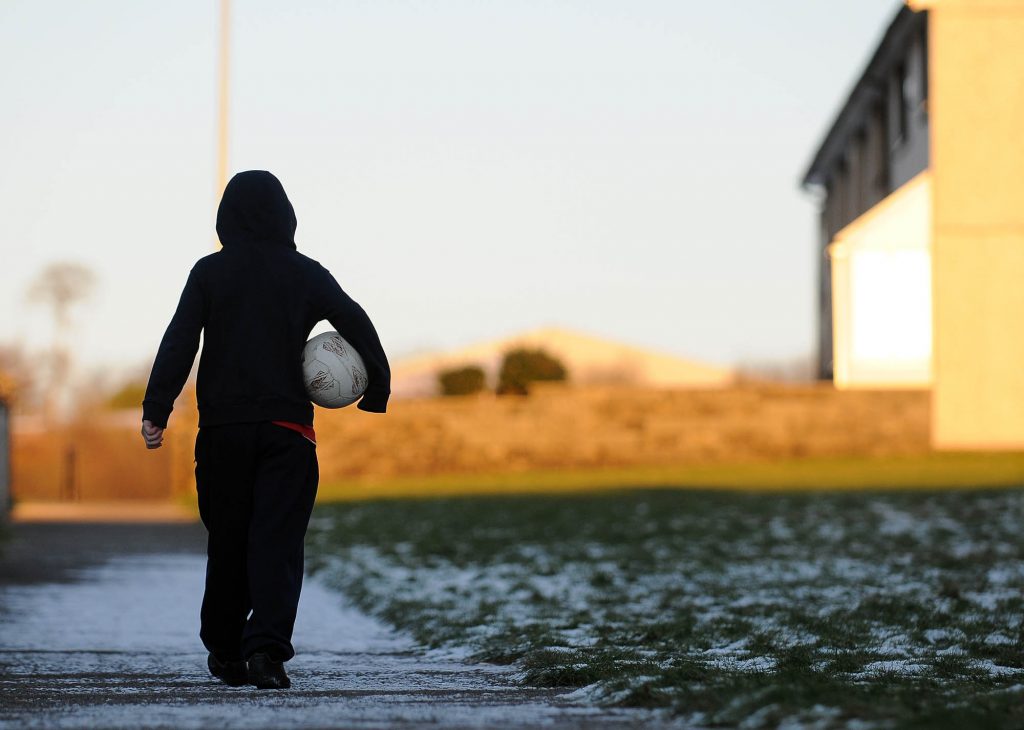Helen Mary Jones MS argues that both Westminster and the Welsh Government is responsible for poverty in Wales.
There are approximately 600,000 children living in Wales, and around 200,000 of these live in poverty.
This is nothing short of a national scandal.
As part of the Plaid Cymru Shadow Cabinet, one of the roles I fulfil is Shadow Minister for Tackling Poverty. But it’s a role that shouldn’t have to exist at all.
However, with one in three children in Wales living in poverty (a statistic that has remained “stubbornly high”), not only is this role still vital, it also tells us that something has to be done differently if Wales is ever going to challenge poverty.
According to the Bevan Foundation, children suffer the most from the consequences of living in low income households and there is rightly focus on lifting children out of poverty as a first step in tackling the issue.
“They can’t, in all conscience, continue to claim that poverty cannot be addressed because of what Westminster does, if they are not even prepared to ask for some of the power that would enable them to do so.“
Figures from the Joseph Rowntree Foundation suggests that poverty costs Wales £3.6bn every year – from things such as public spending on health and social services to dealing with the illnesses caused by poverty.
Tackling poverty is not only good for the individual and their community, but also for the economy. If ending poverty saves so much money, and it’s clearly good for our children and families, then why hasn’t this been tackled?
According to a Welsh Government child poverty progress report, published just prior to coronavirus being confirmed as a global pandemic, the fundamental causes of poverty and inequality are “inexorably being imposed on us from beyond our borders and beyond our control.”
The Welsh Government cite years of austerity, squeezes on public spending and unwelcome reforms to the benefit system – all of which have come as a result of decisions made by successive Westminster governments over the past decade.
If the problem requires money, and the purse strings are controlled by Westminster, it’s unsurprising that the issue has remained “stubborn.”
This is not to let the Welsh Government off the hook. They can and should do more. I will never understand why they dropped their anti-poverty targets.
Nor do I understand why they refuse to even ask for the devolution of part of the benefits system, which has been recommended by a Senedd Committee and has been done in Scotland.
They can’t, in all conscience, continue to claim that poverty cannot be addressed because of what Westminster does, if they are not even prepared to ask for some of the power that would enable them to do so.
Then, at the start of 2020, a global pandemic is thrown into the mix.
“We will provide a targeted payment of £35 a week for each child to families who need it.”
In a global pandemic, economic policy must be in lockstep with health policy – but what happens when the purse strings held by a government seated in another country?
We have a real life example only these past few weeks: the furlough scheme ends at the end of October, exactly halfway through a fortnight long national lockdown. We can’t expect Westminster Governments – least of all this one – to act in the best interests of Wales.
The reality is that the current devolution settlement cannot cope with the economic impact of Covid-19. Having admitted that Wales does not have the ‘firepower’ of the UK Government, the Welsh Government’s reluctance to negotiate further powers is incomprehensible.
Renegotiating the fiscal agreement would go a long way in dealing with our ability to react to these sorts of crises.
As a minimum, the Welsh Government should be pushing for the temporary lifting of borrowing restrictions, so that Wales can borrow to invest our way to recovery.
Ending poverty, and setting out a clear plan as to how we will do that, will be a priority for an incoming Plaid Cymru Government next May. We will demand the devolution of aspects of the benefits system, reform the Welsh benefits system, and develop binding targets with public bodies to set out how they will contribute to ending poverty and make work pay.
And we will provide a targeted payment of £35 a week for each child to families who need it. We’d start by paying families whose children are currently eligible for free school meals.
Not only does this cover around 65,000 children, since we already have the means to deliver this through local authorities, we could put this in place on Day One of Plaid being in power.
Innovative. Informed. Independent.
Your support can help us make Wales better.
I’m really pleased that the current Welsh Government has already announced that free school meals are being extended throughout the school holidays, but it baffles me that the existing mechanisms are not used to deliver more: more free meals, more money straight to the families that need it most.
By reviewing the thresholds at which families receive free school meals, more children living with in-work poverty could be included.
This would be an immediate action that we would take while working with others to develop a detailed national roadmap setting out how we can end poverty together.
We have a plan that could be implemented from Day One of being in power. A plan to feed our children, to place money straight into the hands of those that need it most. Long term we must end poverty, not just mitigate its worst effects.
All articles published on the welsh agenda are subject to IWA’s disclaimer.





